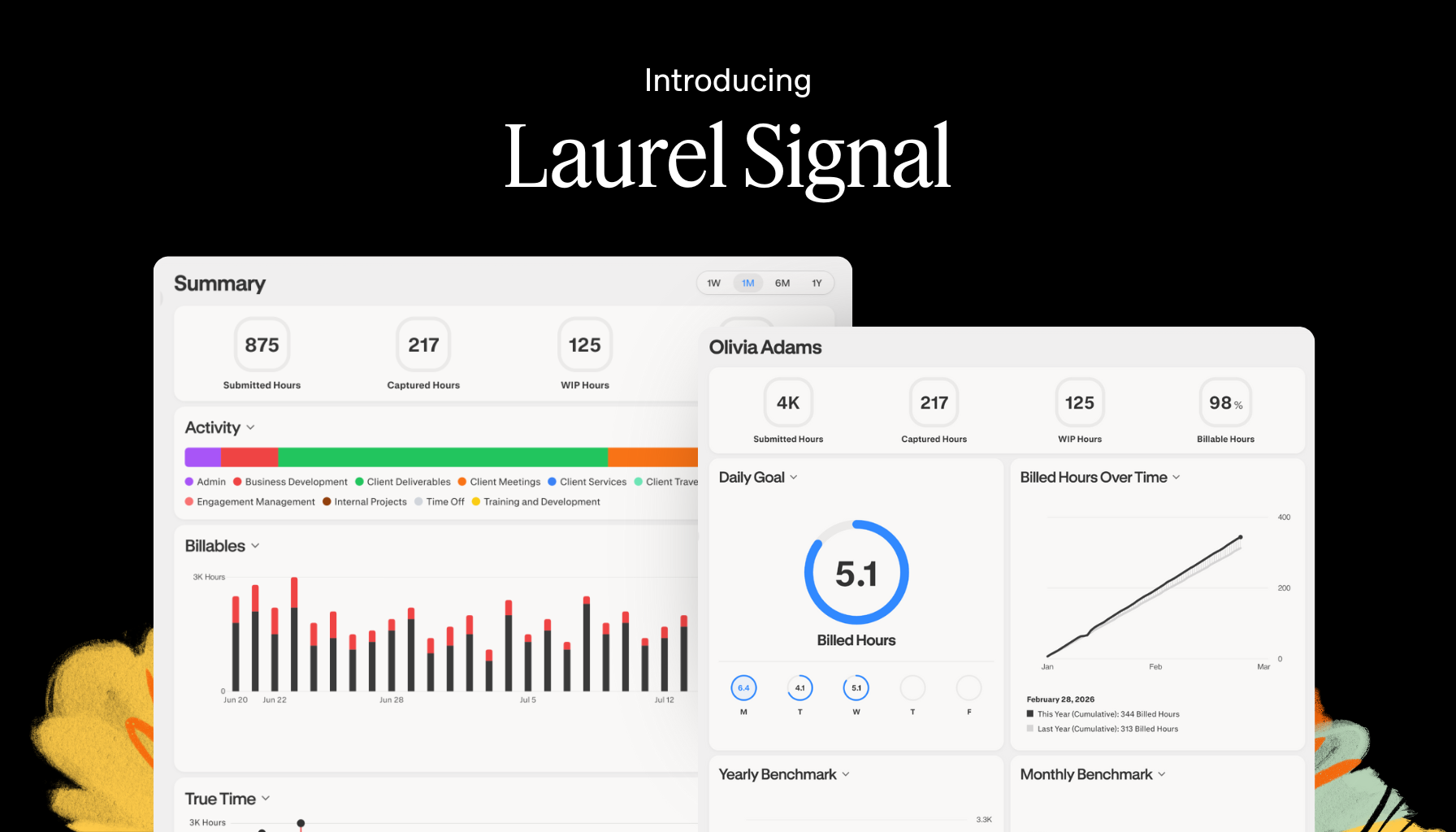.png)
Every billing cycle, the same pattern repeats itself: Billing Partners review the pre-bill and discover entries with narratives that violate client guidelines. Finance teams flag entries for non-compliant time codes or restricted activity types. Billing Partners spend hours correcting entries before they can go out the door. And this cycle typically happens at the end of the month, when it’s far too late to amend time entries.
The industry's existing compliance solutions still require massive manual effort. Upload a PDF of outside counsel guidelines, manually highlight the relevant passages, manually type rules into the system. It's better than manually reviewing a bill against a PDF of outside counsel guidelines, but it's fundamentally the same workflow firms have used for decades.
Today, we’re excited to announce that our best-in-class compliance engine just got better with the release of self-serve OCG uploads. But first, a quick overview of what makes our compliance engine special to begin with.
The Laurel Difference: Point-of-Entry Compliance
While legacy time systems flag violations after bills are prepared—when it's too late to fix them without painful administrative overhead—Laurel enforces compliance at the point of entry, when corrections take seconds instead of hours.
Point-of-Entry Enforcement
A first-year associate fails to itemize activities as discrete entries. Laurel immediately flags the violation: "Client prohibits block billing." The associate corrects it before moving to their next matter. No billing partner review needed. No write-down weeks later.
Compliant-by-Default Narratives
Laurel's generative AI creates narratives that already incorporate OCG requirements. Timekeepers review and release, confident entries will survive billing review.
Real-Time Compliance Feedback
Narrative format requirements are flagged immediately with clear explanations and suggested corrections. Timekeepers learn compliance naturally as they work, rather than discovering violations during pre-bill review.
Today: PDF Extraction Makes Compliance Effortless
The refrain we heard from customers was along the lines of: "We have 200 OCG PDFs scattered across SharePoint and email attachments. Translating all those rules into our system would take weeks of manual work."
Legacy compliance solutions are fundamentally manual, and often require firms to review PDF guidelines, highlight relevant passages, and type rules into their systems.
Today, that changes.
Laurel's AI Compliance engine now reads unstructured outside counsel guidelines and automatically extracts enforceable rules.
Here's what that means in practice:
You have 200 PDF files containing client OCGs. Laurel's AI automatically:
- Extracts every time-based rule
- Maps them to specific clients and matters
- Enforces them at point of time entry
- Flags violations in real-time with specific corrections
- Deploys them as an input for GenAI narrative creation
No manual highlighting. No manual rule creation. No compliance experts spending days translating PDFs into system logic. And the downstream effects compound: Faster billing cycles mean faster payment. Cleaner narratives mean fewer client disputes. Partners spend less time on billing review and more time on client work or business development.
Why Compliance Matters More Than Ever
Clients are increasingly sophisticated about reviewing legal invoices. They're using their own AI tools to flag non-compliant entries. They're pushing back harder on vague narratives and billing guideline violations. Now, Laurel is here to help with your review process.
Firms lose 12-20% of potential revenue through write-downs and write-offs, with the average firm collecting only 88 cents on every dollar of work performed. BigHand's 2025 Annual Law Firm Finance Report found that 72% of firms experienced increased write-offs in 2024, while 75% predict write-offs will continue increasing in 2025.
For a firm with $5 million in annual revenue operating at 84% realization, improving to just 88% would add $200,000 in collected revenue—translating to roughly $80,000 in additional profit without acquiring a single new client or billing another hour.
The firms winning this new reality aren't spending more partner time on manual compliance review. They're automating compliance at the point of entry—ensuring every time entry is clean before it reaches the billing system.
Laurel moves the dial. By embedding AI compliance into the time entry workflow itself, we eliminate the write-downs before they happen.
See It in Action
Laurel's AI Compliance engine with PDF extraction is available now for all firms with no practice management system restrictions.
Request a demo and we'll show you:
- How Laurel's PDF extraction works with your actual client guidelines
- Point-of-entry compliance enforcement in your workflow
- Projected impact on write-downs and billing cycle time for your firm
The firms that reduce write-downs aren't hoping for better compliance discipline. They're automating the problem away.
We transform time into strategic revenue with real AI.

We believe that well-spent days lead to well-lived lives.

We obsess over timekeeping so you can keep your time
A fresh start to the week! What needs to be accomplished?

Don’t forget to take moments to stretch, snack, or share funny videos.

You’re halfway through your week. Have you done the important things yet?

The weekend is fast approaching! What are you proud of this week?

It’s Friday! Close your laptop to soak up your surroundings— or keep it open to continue a project you’re passionate about.

Deep breaths. Deep thinking. Deep conversations. (Or, you know, keep things light!)

Close your eyes and think about the week ahead. How will you value your time?

A fresh start to the week! What needs to be accomplished?

Don’t forget to take moments to stretch, snack, or share funny videos.

You’re halfway through your week. Have you done the important things yet?

The weekend is fast approaching! What are you proud of this week?

It’s Friday! Close your laptop to soak up your surroundings— or keep it open to continue a project you’re passionate about.

Deep breaths. Deep thinking. Deep conversations. (Or, you know, keep things light!)

Close your eyes and think about the week ahead. How will you value your time?














.png)